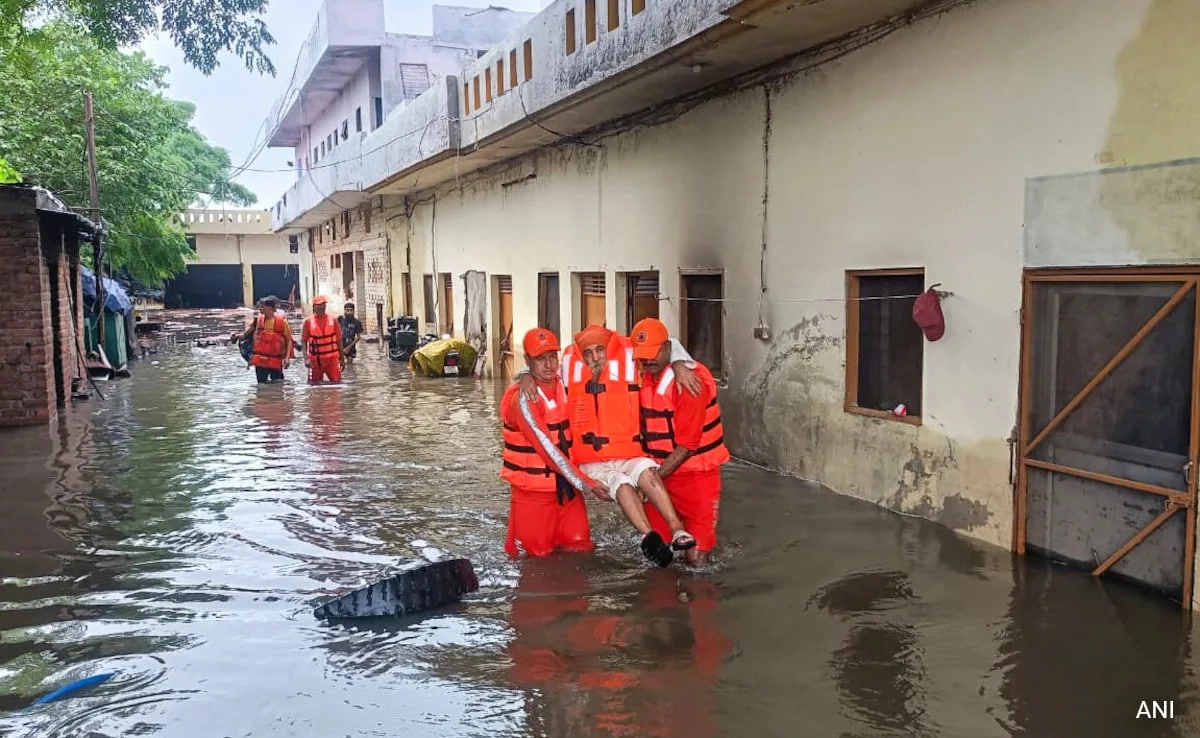In a recent statement, Union Home Minister Amit Shah expressed confidence in the Bharatiya Janata Party’s (BJP) prospects in Tamil Nadu, predicting that the party would secure a significant foothold in the state by 2026. Shah’s remarks signal a strategic shift as the BJP aims to expand its influence in a region traditionally dominated by local parties like the Dravida Munnetra Kazhagam (DMK) and the All India Anna Dravida Munnetra Kazhagam (AIADMK). His assertion comes amid ongoing political dynamics in the state, where the BJP has been working to strengthen its grassroots presence and appeal to a broader electorate.
The DMK, led by Chief Minister M.K. Stalin, swiftly responded to Shah’s comments, dismissing the BJP’s ambitions in Tamil Nadu as unrealistic. Party officials argued that the BJP’s strategies have consistently failed to resonate with the Tamil populace, emphasizing the DMK’s historical commitment to regional issues and social justice. They highlighted the party’s strong electoral track record and its ability to address the aspirations of the people, suggesting that Shah’s predictions were merely political posturing aimed at generating national headlines rather than reflecting the reality on the ground.
The political landscape in Tamil Nadu is complex, marked by a rich history of regionalism and a strong cultural identity. In recent years, the BJP has made concerted efforts to establish itself in the state, leveraging national issues and appealing to various demographic segments, including youth and women. However, the DMK’s response underscores the challenges the BJP faces in overcoming entrenched local loyalties and the significant influence of regional parties. As the 2026 elections approach, the contest between the BJP and DMK will likely intensify, with both parties strategizing to mobilize their support bases effectively.
As the political rivalry escalates, the outcome of the 2026 elections in Tamil Nadu will not only shape the state’s governance but may also have broader implications for national politics. The BJP’s ambition to make inroads in Tamil Nadu reflects its broader strategy of consolidating power across diverse regions, while the DMK’s resilience will be critical in maintaining its dominance. In this context, the coming years will be pivotal as both parties navigate the intricacies of Tamil Nadu’s political landscape, vying for the trust and votes of its electorate.




